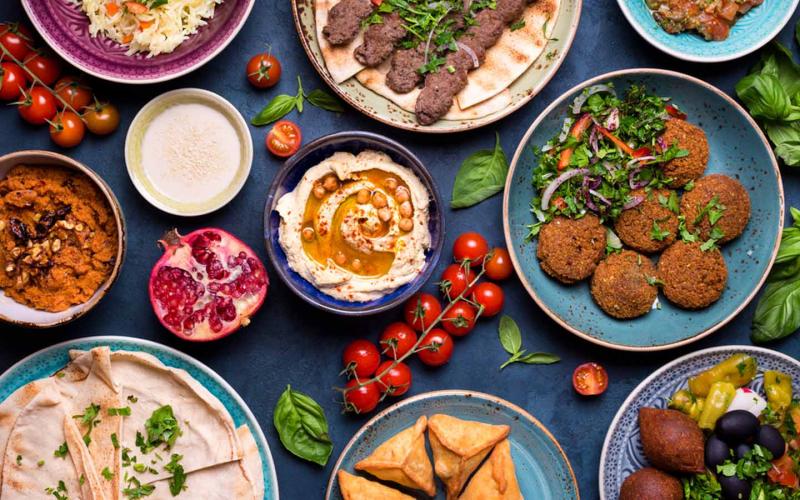Introduction
Food is a universal language that transcends borders, connecting people through shared experiences and flavors. Within this diverse culinary landscape, Halal food stands as a symbol of religious adherence, cultural identity, and ethical choices. The term "Halal" is derived from Arabic and translates to "permissible" or "lawful" in Islamic tradition. Halal food is prepared and consumed by Muslims around the world as a reflection of their faith and spiritual principles. However, it is not just limited to the Muslim community, as the popularity of Halal cuisine has grown significantly among people of various backgrounds.
The Basis of Halal Food
At the heart of Halal food lies the adherence to Islamic dietary laws, which are laid down in the Quran and the Hadith (sayings of Prophet Muhammad). These guidelines outline what is permissible and what is forbidden for Muslims to consume. The primary restrictions in Halal food involve the prohibition of pork and its by-products, alcohol, and any food items containing ingredients derived from animals not slaughtered in accordance with Islamic principles. Halal also emphasizes humane treatment of animals, ensuring that they are slaughtered with a quick and merciful method, known as "Zabiha."
Halal Food: Beyond Religious Significance
While Halal food carries profound religious significance for Muslims, its appeal extends far beyond religious boundaries. The principles of Halal align with ethical and sustainable practices that have garnered attention from people of various beliefs who prioritize conscious consumption. With growing awareness about food sources and animal welfare, many individuals choose Halal food as a way to support humane treatment of animals and sustainable agricultural practices.
Halal Food as a Culinary Adventure
The world of Halal food is a tapestry of diverse flavors and culinary traditions. As the Islamic community spans across the globe, Halal cuisine embraces a remarkable variety of regional dishes influenced by the local cultures and ingredients. From succulent kebabs in the Middle East to tantalizing curries in South Asia, from aromatic tagines in North Africa to delectable renditions of Mediterranean cuisine, Halal food offers an expansive array of mouthwatering options for gastronomes and adventurous food enthusiasts.
Halal Restaurants and Global Influence
The rise of Halal-certified restaurants and food establishments has further expanded the reach of Halal food to a broader audience. Major cities around the world boast a rich tapestry of Halal eateries, catering not only to Muslim residents but also to curious tourists and locals eager to explore new tastes. This culinary trend has particularly gained popularity in Western countries, where the demand for Halal options has surged due to multiculturalism and increasing interest in diverse cuisines.
Challenges and Opportunities
Despite its popularity, the Halal food industry faces certain challenges. The certification process for Halal products can be complex and may vary from one country to another, which can create barriers for businesses seeking to enter international markets. Additionally, maintaining authenticity and adhering to strict Halal standards can be a challenge for restaurants and food manufacturers.
However, these challenges also present opportunities for growth and innovation. As more consumers seek Halal options, businesses are encouraged to invest in Halal certification and tap into the expanding market. Moreover, the global fascination with Halal food opens avenues for cross-cultural exchange, fostering understanding and appreciation among diverse communities.
Conclusion
Halal food is not just a dietary choice but a significant aspect of identity, culture, and faith for Muslims worldwide. Its ethical and inclusive appeal has transcended religious boundaries, enticing a broad spectrum of food enthusiasts. Through Halal cuisine, people embark on a culinary journey that not only tantalizes their taste buds but also celebrates the rich tapestry of human culture and interconnectedness. As we savor the flavors of Halal food, we embrace a diverse world where food becomes a unifying force, bringing people together in the shared joy of a delicious meal.
